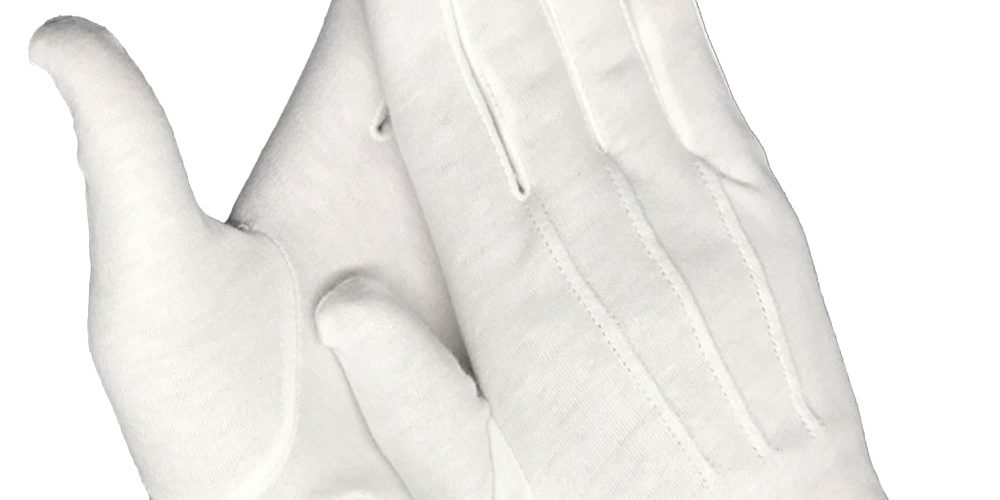In industries where hygiene and contamination control are paramount, preventing cross-contamination is a critical concern. Thin cotton gloves play a vital role in maintaining a clean and safe work environment by creating a barrier between workers’ hands and the items they handle. In this blog, we’ll explore the significant role that thin cotton gloves play in preventing cross-contamination in various industries.
Healthcare and Medical Settings In healthcare facilities, preventing cross-contamination is of utmost importance to ensure patient safety and prevent the spread of infections. Thin cotton gloves are commonly used by healthcare professionals during routine patient care, examinations, and procedures. By wearing gloves, medical practitioners reduce the risk of transferring bacteria and contaminants from one patient to another.
Food Handling and Preparation The food industry relies on strict hygiene standards to prevent foodborne illnesses. Thin cotton gloves are an essential tool for workers involved in food handling and preparation. These gloves create a barrier between workers’ hands and the food items they touch, preventing the transfer of bacteria, viruses, and other contaminants. This practice is crucial in ensuring the safety of consumers and maintaining food quality.
Laboratories and Research Facilities Laboratories and research facilities require meticulous contamination control to ensure accurate results and maintain the integrity of experiments. Thin cotton gloves provide researchers with an additional layer of protection when handling samples, chemicals, and equipment. By wearing gloves, researchers prevent potential cross-contamination that could compromise the reliability of their findings.
Cleanroom Environments Cleanrooms are environments that require exceptionally low levels of particulate contamination. Thin cotton gloves are often worn by workers in cleanrooms to prevent the introduction of contaminants from their hands. These gloves contribute to maintaining the controlled environment necessary for industries such as semiconductor manufacturing, pharmaceuticals, and aerospace.
Sensitive Materials Handling Industries that deal with sensitive materials, such as electronics manufacturing and conservation of cultural artifacts, also benefit from the use of thin cotton gloves. Gloves prevent oils, fingerprints, and other contaminants from coming into contact with delicate surfaces. This ensures that the materials remain unaltered and preserved over time.
Conclusion Thin cotton gloves play a crucial role in preventing cross-contamination across a wide range of industries. Whether in healthcare, food handling, laboratories, cleanrooms, or materials preservation, these gloves create a barrier that minimizes the transfer of contaminants and promotes a hygienic work environment. By incorporating thin cotton gloves into their practices, industries prioritize the safety of both workers and the products they handle, ultimately contributing to a healthier and more controlled working environment.















